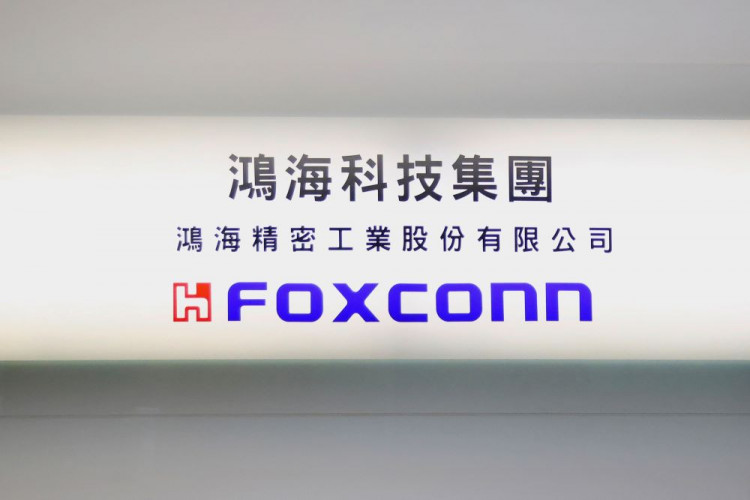On August 14, Taiwan's Foxconn, the primary assembler for iPhones, unveiled its financial results for the second quarter.
The Q2 report indicated that Foxconn's revenue stood at 1.30 trillion New Taiwan Dollars (TWD), marking a year-over-year decrease of 14%. Gross profit reached 83.6 billion TWD, also a decrease of 14% from the previous year. Operating profit was at 30.9 billion TWD, a 30% drop, while net profit was 33 billion TWD, a minor 1% decline, but significantly above the average analyst estimate of 25.57 billion TWD. Earnings per share were 2.38 TWD, a decrease of 0.02 TWD compared to the same period last year.
When juxtaposed with the same period the previous year, the company's gross margin and net profit margin rose slightly from 6.40% and 2.21% to 6.41% and 2.53%, respectively.
Despite Q2 traditionally being a slower period, Foxconn conveyed that the overall revenue and gross margin were better than anticipated. The company projects that Q3 performance should see a sequential uptick. However, on a year-over-year basis, Q3 may still trend downward. Foxconn anticipates a slight drop in total revenue and a similar decline in its smart consumer electronic product's revenue.
Discussing its annual outlook, Foxconn mentioned:
Given many external variables, such as tighter global monetary policies, geopolitical tensions, and inflation, the annual forecast is predicted to decline, adjusting from previous expectations.
This adjustment coincides with the global economic challenges leading to reduced consumer and corporate spending. Major companies like Apple, Qualcomm, and TSMC all suggested that the smartphone industry's downturn post-pandemic might persist longer than initially forecasted.
Back in May, Foxconn predicted its 2023 performance would match that of 2022. However, given the lackluster resurgence in demand for smartphones, PCs, and tablets, this has shifted. Foxconn expects the slump in the personal computer market to continue through the second half of the year.
Analysts from Counterpoint Research believe:
Due to softer demand in major markets like the U.S. and Japan and order shifts to competitors like Luxshare Precision, Foxconn's iPhone shipments in Q4 and Q1 of the following year are projected to fall below last year's figures.
Addressing the hot topic of AI servers, Foxconn's management stated that when considering generative AI products, they range from GPU modules, GPU boards, AI servers, and racks to advanced cooling solutions leading up to artificial intelligence data centers. Foxconn stands out as the only manufacturer offering comprehensive solutions:
Foxconn has secured a significant market share at the forefront of the AI server industry value chain, especially with GPU modules and boards.
Technically speaking, Foxconn's management underscored the company's ability to provide one-stop integrated services in the AI server sector, attributing this to consistent R&D investments, particularly in energy consumption and cooling tech. The company aims to deliver modular designs and low PUE (Power Usage Effectiveness) cooling solutions, significantly reducing data center cooling energy consumption. Foxconn's advanced cooling methods, including liquid and advanced immersive racks, have a PUE performance above the industry average.
Additionally, regarding Foxconn's ventures in the automotive sector, especially the new energy vehicles, the management revealed that the company is currently in talks with over 10 clients about 20 electric vehicle projects. Two projects have already started production, with hopes to finalize another five contracts soon.






